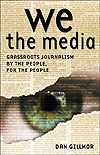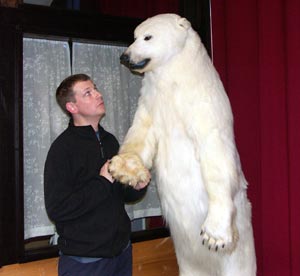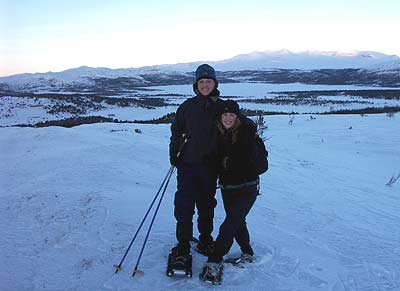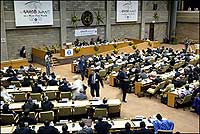
Thanks to a few days of rest and a new routine suggested by my doctor -- which includes setting my alarm to wake up at 0700 every morning (fat chance of that happening) -- my sleep patterns are returning to their usual clockwork-like rhythms and I can pick up where I left off.
Apologies for the enforced break -- I was so exhausted in Nairobi last week that blogging had to take a back seat.
Covering the
Nairobi Summit on a Mine-Free World was exactly as I had expected -- a lot of talking, a lot of diplomacy, many fine words, and a world away from the real dirty work of actually clearing landmines.
For me, it also highlighted how the mine action world, like any humanitarian sector, is an industry. Hundreds of people make their living from talking about -- and sometimes even doing something about -- the worldwide landmine problem.
My week began by covering the
Landmine Survivors Summit, in which survivors from around the world came together to pledge to do their bit to rid the world of landmines.
Here's my report.
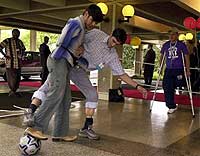
Some of the most newsworthy lines of the week came from critics of the
US policy on landmines and America's refusal to join the 144 nations that have signed up to the Ottawa Treaty.
There were no official delegates from the USA in Nairobi, but a contact of mine from the State Department could usually be found lurking in the corridors and fringe meetings. As the week went on he looked increasingly haggard, a result no doubt of the daily abuse he received from anti-landmine campaigners. I admired his guts for even turning up.
Here's a report I filed after a
press briefing by the US Campaign to Ban Landmines.
BBC News Online
also picked up on my report.
The week ended with the publication of the
Nairobi Declaration, designed to send everyone home with a warm glow and a feeling that their week in the African sun was something more than an expensive jolly.
Was it?
I hope so, but I came away from Nairobi with the strong feeling that far more would have been achieved if the money spent on organising the summit had been used to actually clear a few landmines instead.
Travel plans meant I wasn't able to take up an offer to join the panel for a
BBC Talking Point Debate on the landmine issue. A shame. The whole programme is online.
One final travel tip. I can thoroughly recommend the
Norfolk Hotel, Nairobi, which rivals Jerusalem's
American Colony for old world opulence.
